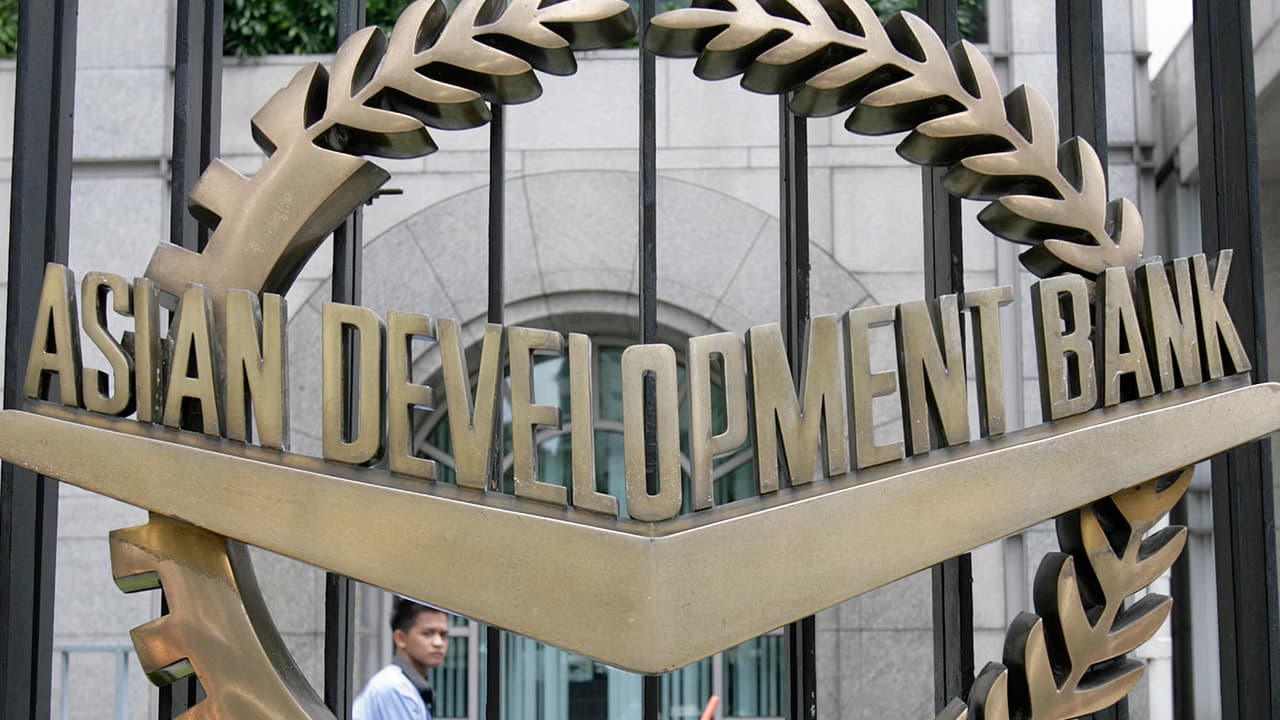The Government of India and the Asian Development Bank (ADB) on Monday signed a $125 million loan agreement to support the upgradation of urban services in six district headquarters and Guwahati in Assam.
The Government of India and the Asian Development Bank (ADB) on Monday signed a $125 million loan agreement to support the upgradation of urban services in six district headquarters and Guwahati in Assam. According to an official statement, the loan agreement for the Assam Urban Sector Development Project was signed by Juhi Mukherjee, Joint Secretary, Department of Economic Affairs, Ministry of Finance, on behalf of the Government of India, and Mio Oka, Country Director, India Resident Mission, on behalf of ADB. The statement said that the project will benefit 360,000 residents of Assam by delivering a continuous metered water supply and upgrading stormwater management systems. It also seeks to strengthen urban governance through institutional reforms and capacity building.
Under this agreement, key infrastructure investments include the construction of six water treatment plants with a combined capacity of 72 million litres per day and 800 km distribution pipelines in the district headquarters of Barpeta, Bongaigaon, Dhubri, Goalpara, Golaghat, and Nalbari. Additionally, the project will also deploy a real-time monitoring system, aiming to maintain nonrevenue water below 20%. According to the official statement, the project will enhance stormwater management in the Bahini Basin with flood diversion channels, upgraded drainage systems, and a nature-based retention pond to reduce flood discharge and improve groundwater recharge in Guwahati.
Moreover, the project also includes the establishment of the Assam State Institute for Urban Development in collaboration with the Indian Institute of Technology Guwahati. Additionally, it will also provide a GIS-based property tax database, digital water billing systems, and a volumetric water tariff structure across project towns to improve financial sustainability and service delivery.
With a strong emphasis on supporting women and girls, activities like training women’s self-help groups in water operations, establishing internships for college-age women, and conducting school outreach programs to promote awareness of water, sanitation, and hygiene are also included in the agreement.
(Except for the headline, this story has not been edited by Asianet Newsable English staff and is published from a syndicated feed)
